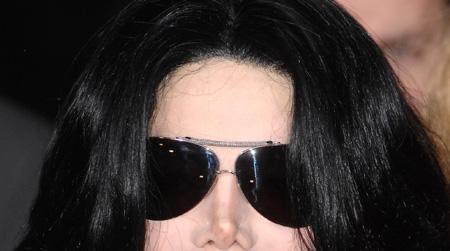Trial Testimony Bombshell: Michael Jackson Went 60 Days Without Really Sleeping

June 21 2013, Published 10:06 a.m. ET
Michael Jackson went two months without really sleeping – something no other human being has ever done, according to bombshell testimony at his wrongful death trial.
While Dr. Conrad Murray was administering propofol to the superstar, that drug interferes with the natural sleep process and does not allow the patient to experience REM sleep, which is crucial for well being.
Despite waking up refreshed, Jackson, according to expert testimony, really didn’t sleep and got none of the crucial benefits of sleep because of the treatment which took place 60 consecutive days.
Dr. Charles Czeisler, a nationally renowned sleep expert from Harvard Medical School, chillingly testified that Jackson would have died anyway if the propofol overdose hadn’t killed him. And his death would have been directly from lack of sleep.
Michael’s mom Katherine Jackson is the lead plaintiff in a wrongful death lawsuit against AEG Live, the promoter of what was to be Michael’s comeback concert tour.
According to CNN:
Lab rats die after five weeks of getting no REM sleep, he said. It was never tried on a human until Dr. Murray gave Michael Jackson nightly propofol infusions for two months.
Czeisler -- who serves as a sleep consultant to NASA, the CIA and the Rolling Stones -- testified Thursday that the "drug induced coma" induced by propofol leaves a patient with the same refreshed feeling of a good sleep, but without the benefits that genuine sleep delivers in repairing brain cells and the body.
He also testified that the lack of REM sleep causes symptoms including paranoia, depression, lack of balance and appetite, an inability to learn and much slower reflexes.
And those symptoms match very well the description of Jackson in the days before his 2009 death.



